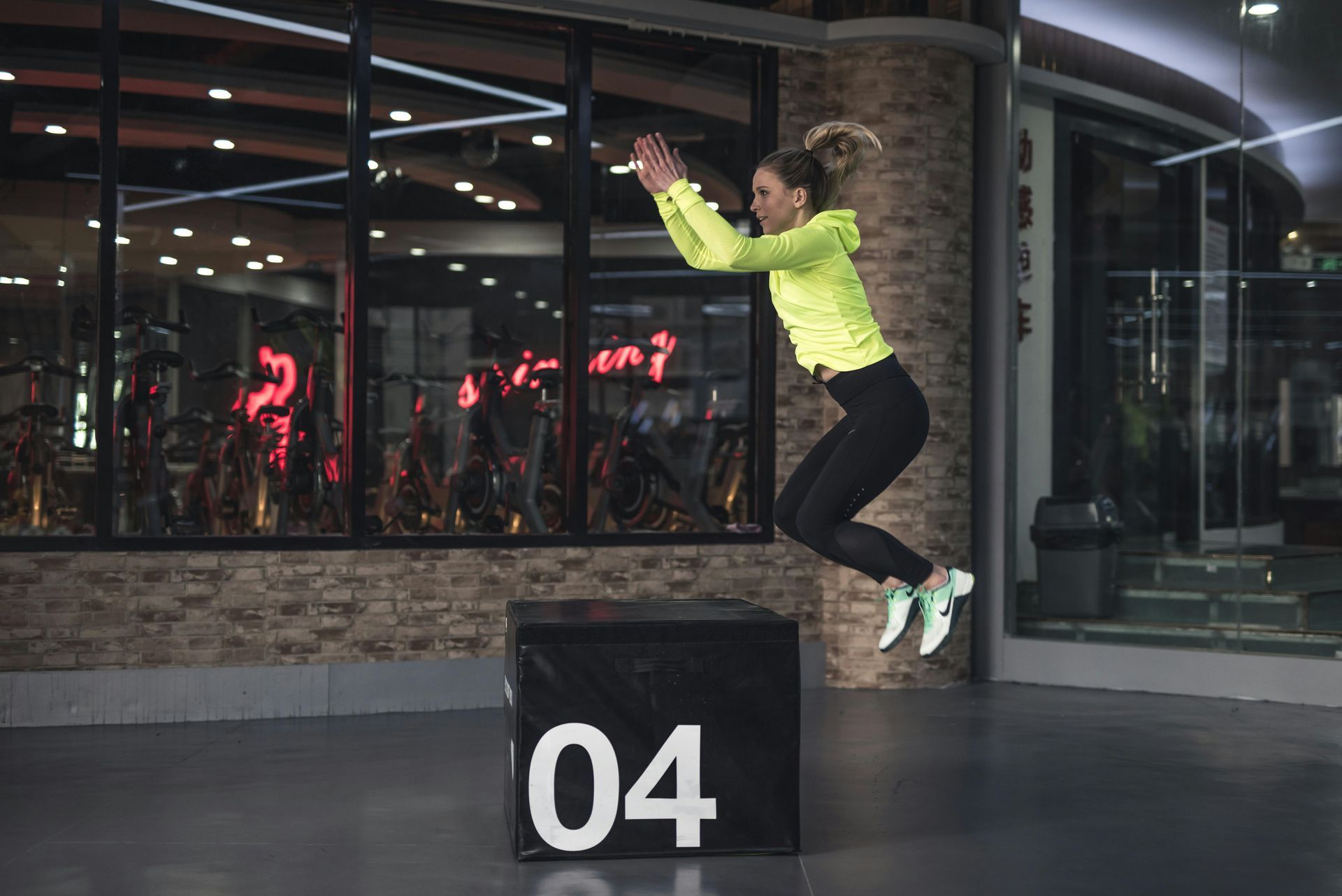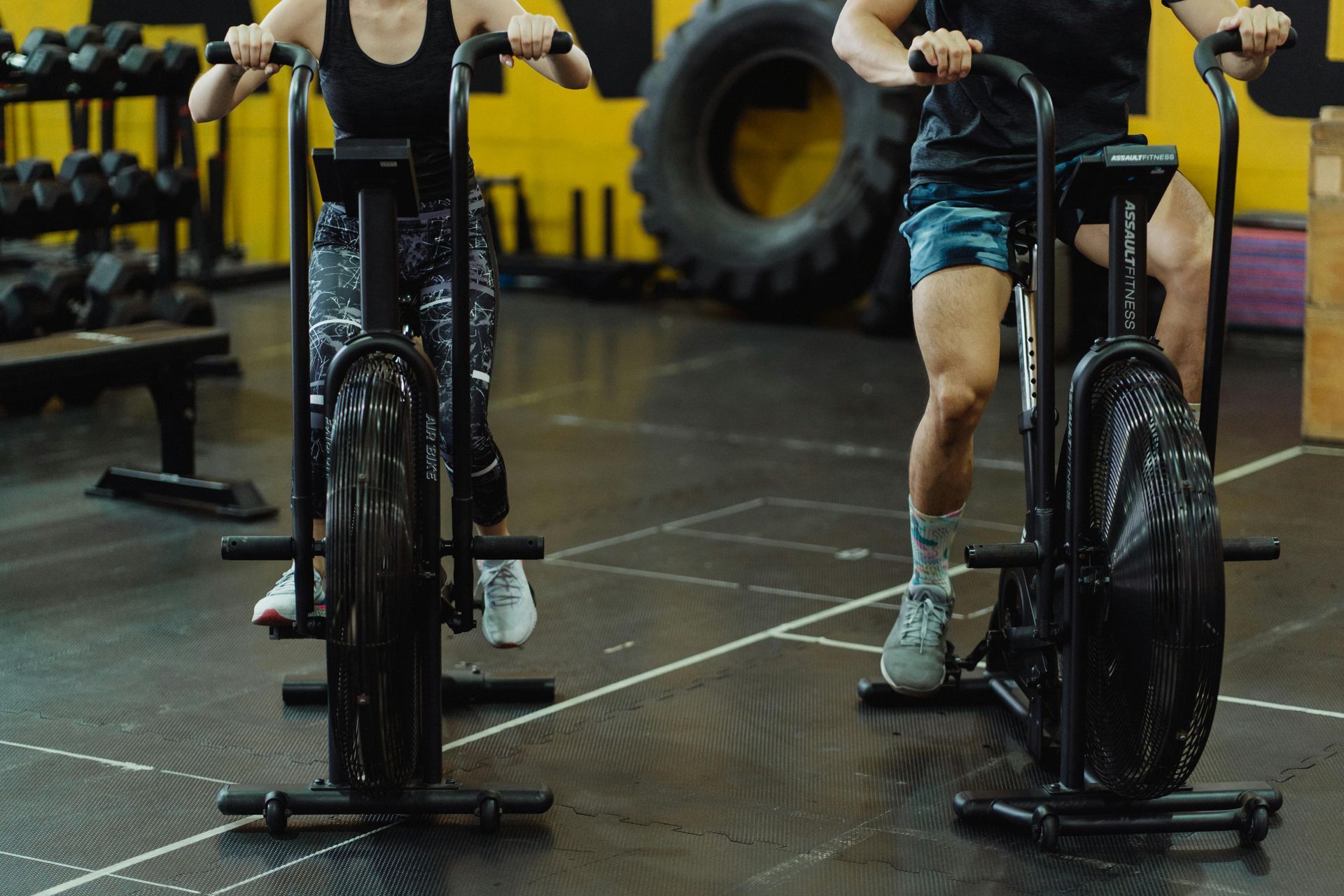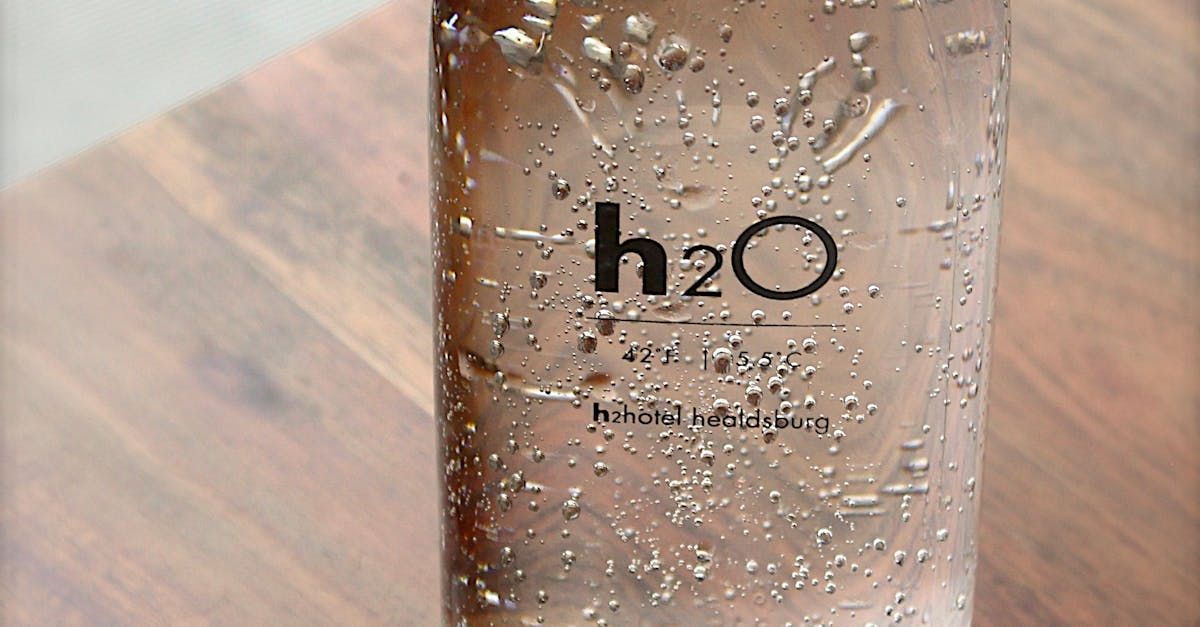Pre-competition nutrition
A lot of different things can derail a person's race day. Some we can control, some we cannot. Those that we can control usually are a result in poor planning. As the old adage goes, "failing to plan is planning to fail". Pre-competition nutrition is one of the most important but neglected aspects of an athlete's preparation for a given race.
When should race day nutrition prep start? The definitive answer to that question is… It depends. The answer depends on a few factors: One is the athlete's past experiences with race-day nutrition. Some athletes have an excellent grasp but others have never considered what a pre-competition prep should look like. Another is the length and type of the competition. A weightlifting competition would have different caloric needs than an endurance race. A 5k run would have a different energy demand than a 50K obstacle course race. Also, a person's dependence on carbohydrates at a given heart rate will impact feeding and pre-race nutrition. If a person is metabolically inefficient (aka a carb burner) they will have a greater dependence on carbs and will need to eat accordingly.
Things to consider when it comes to pre-competition nutrition are length and type. An athlete competition an all-day multi-event functional fitness competition would need to feed properly in between WOD's. Whereas a person in an endurance race would need to feed during the race. And a person running a 5k would not need to feed at all during the race.
This article will provide you a broad insight into how, what, and when to feed. There are too many variables, so we will not provide the exact nutrient breakdown.
Weeks before the Race
An individual should start tinkering with their nutrition throughout their entire training life. Each person has a different digestive speed and gut biome that causes different responses to nutrition. Each person needs to figure out what their gut will respond well to while exercising. At this point, do not worry about how many grams of this or that you are eating. Instead, pay attention to how well your training sessions are going and how well you are recovering. If you start to fatigue towards the end of an endurance session, you may need to up your carbs, improve your hydration, or better control your core temperature.
Currently, it would be best if you were eating well-balanced meals with the majority of your calories coming from carbohydrates containing foods that have a low to moderate glycemic load.
Examples of Low glycemic load foods: Grainy breads, white and whole wheat pastas, wild rice, oatmeal, beans, lentils, all green fibrous veggies, apples, all berries, and sweet potatoes.
Quick Tips
Start to tinker w/ pre-workout meals
Choose workouts similar to race in intensity & duration
Track your food the day before & day of the workout
Track your time & perceived exertion
Track your hrv: two days before, day before, day of, day after, 2 days after
7 days before the race
One week out is when your nutrition can make or break your race day. During this week, we are trying to increase the glycogen stores in the liver and muscles. Glycogen is the storage form of sugar for the body. At this point, you should only be eating foods you know your body responds to well.
While "carbo-loading" is probably a real thing, the way you have been doing it is possibly wrong. Evidence is clear that your carbohydrate intake should increase during the week of competition but not too drastically. If you follow a well-planned training routine, you will be tapering during this week with decreased volume and possibly intensity; overeating at this point will make you feel slow and lethargic, along with a risk of bubble guts or slosh belly. While pasta parties the day before a race may be great for morale, they could cause a detriment in performance. The body is slow to adapt, and increase glycogen stores in the liver and muscles does not happen with only one meal. Generally, focus on foods that have a low glycemic load. This will allow the body to reduce an insulin spike by absorbing carbs more slowly. Quick absorbing, high glycemic load foods should be consumed sparingly and wrapped around training. These will allow a quick energy boost to support your workout.
Quick Tips
Don't try new foods now.
Eat what your body knows.
Carbs to pro ratio - 2:1 up to 3:1 (depends on current diet).
Too many carbs will cause gastrointestinal distress.
24-28 Hours Before a Race
Depending on the individual, you may need to eat your last big meal 1-2 days before the event. Also, your last training session should be two days before your event. Training the day before your event will deplete your glycogen reserves. You risk the chance that they may not be reserved before your race. At this point, you should still focus on low glycemic index foods.
Quick Tips
Don't try new foods now.
Eat what your body knows.
Carbs to pro ratio - 2:1 up to 3:1 (depends on current diet)
Too many carbs will cause gastrointestinal distress
Meals
Eat most of the calories by the late afternoon (late lunch is the final large meal)
Eat a small dinner with low fiber & not too heavy
Why? To avoid a large gut full of waste that needs to be evacuated race morning.








